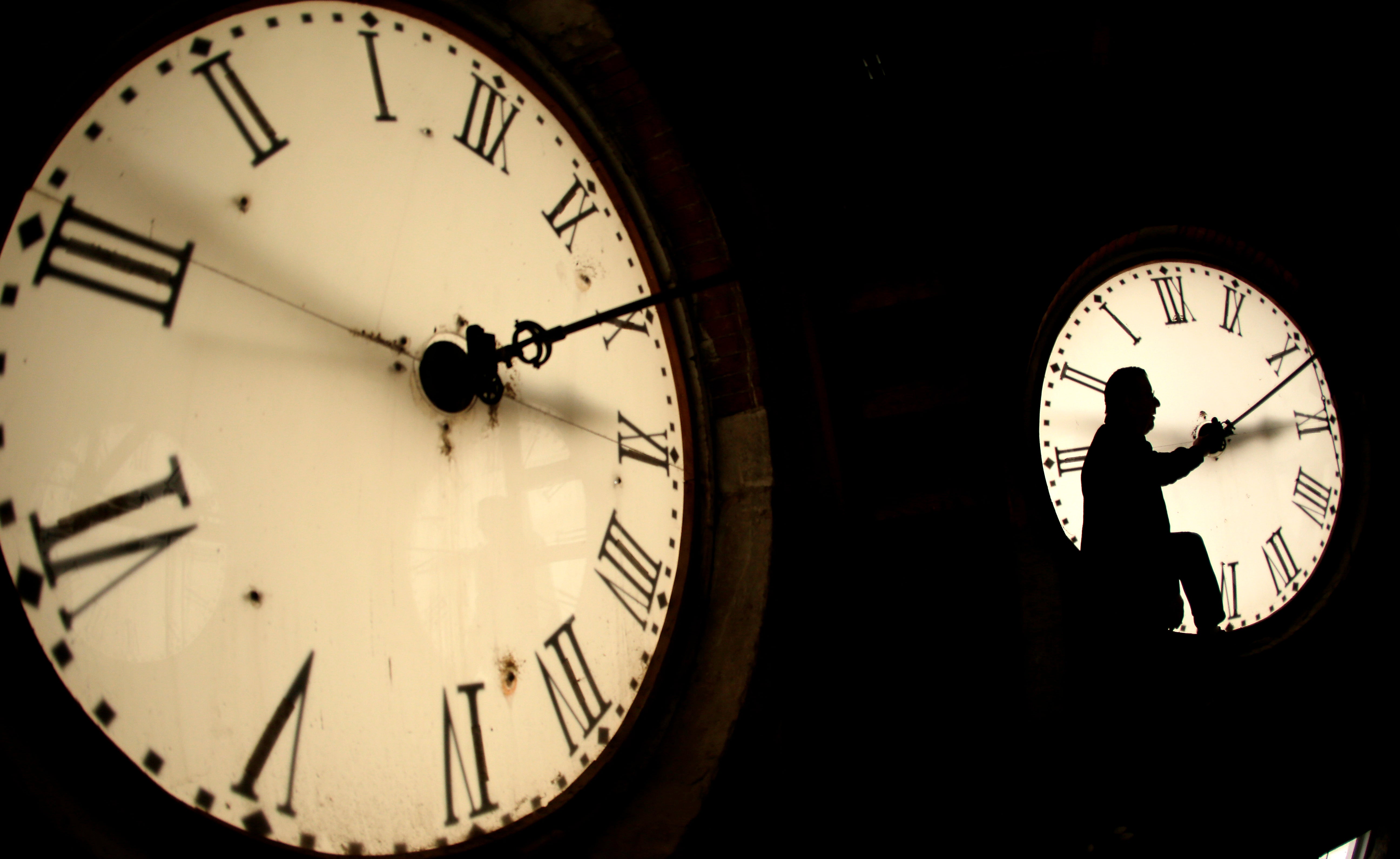
One Simple Tip to Help You Adjust to the End of Daylight Saving Time This Weekend
As we approach the end of British Summer Time (BST) on Sunday, October 27th, many of us may feel the disruption that comes with setting the clocks back by one hour. This annual shift, while giving us an extra hour of sleep, can wreak havoc on our internal body clocks, or circadian rhythms. The sudden change in time and light exposure can throw off our natural sleep-wake cycles, leaving us groggy, irritable, and struggling to adjust.
Experts have offered a surprisingly simple trick to help ease the transition: controlling the lighting in your home, especially in the evening. According to specialists at CBD.co, a leading marketplace for CBD products, dimming the lights and switching to warmer tones in the hours leading up to bedtime can help your brain and body gradually adjust to the new schedule. Here's how it works: by reducing the brightness of your lights, you signal to your brain that it's time to wind down. This encourages the release of melatonin, the hormone that helps regulate sleep.
Also Read:- "Tarzan Star Ron Ely Passes Away at 86, Leaving a Legacy of Heroism and Love"
- Cleveland Cavaliers vs. Toronto Raptors 2024 Season Opener: Odds, Picks, and Predictions
It's also important to shift from cool-toned, white or blue lighting—which mimics daylight and can trick your brain into staying alert—to warmer, amber-toned light that mimics the sunset. This type of light has a calming effect and helps support your natural sleep cycle, making it easier for you to fall asleep.
In addition to managing your light exposure, experts recommend other small changes to smooth the transition. For instance, try adjusting your sleep schedule by 15 to 30 minutes each night in the days leading up to the time change. This gradual shift allows your body to adapt without the sudden jolt of a full hour’s difference.
Maintaining a consistent sleep routine, even on weekends, can also help regulate your circadian rhythm. Going to bed and waking up at the same time every day trains your internal clock, making the daylight saving time transition much easier to handle. Alongside lighting adjustments, creating a calming pre-sleep environment through activities like reading, meditating, or gentle stretching can further improve your sleep quality.
It’s crucial to remember that your bedroom environment plays a key role in how well you sleep. Aim for a cool, quiet, and dark room, and avoid heavy meals or caffeine close to bedtime, as these can interfere with your ability to fall asleep. By making these small adjustments, you can ease into the time change and ensure a restful, restorative night’s sleep.
As the weekend approaches, take a little time to prepare. This simple task of controlling the light in your space could make a big difference in how well you adjust to the end of daylight saving time.
Read More:


0 Comments